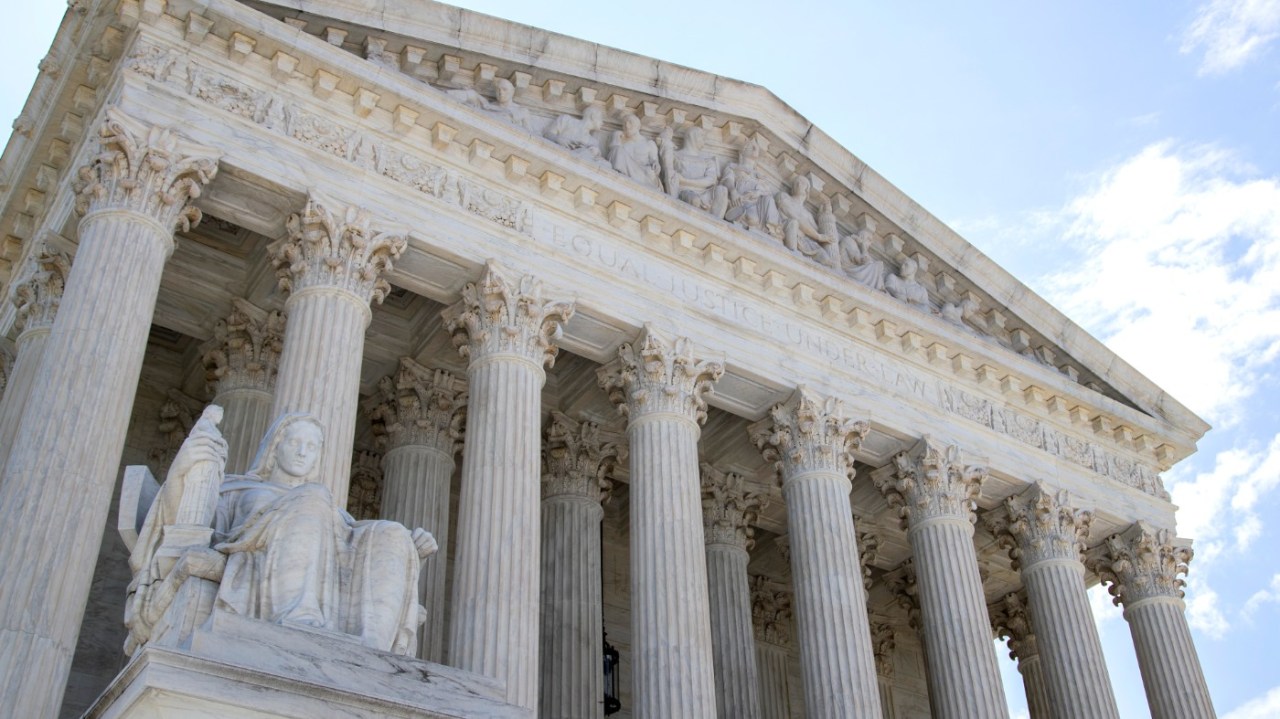South Carolina again?
South Carolina Senate passes abortion ban, setting up Supreme Court showdown
The Republican-led South Carolina Senate on Tuesday passed a ban on abortions after an ultrasound detects cardiac activity, which is usually at about six weeks.
The bill now goes to the desk of Gov. Henry McMaster (R), who is expected to sign it quickly.
The legislation represents a significant setback to abortion rights in the state. Abortion is currently legal in South Carolina until 22 weeks of pregnancy, though there are only three clinics in the state and various regulations mean they generally can’t offer abortions beyond the first 12 weeks.
At six weeks, most women don’t know they are pregnant.
During debate on Tuesday, Republican leaders cited provisional state Health Department data that show rising numbers of out of state visitors are getting abortions in the state, but advocates said most of the people needing abortions are South Carolina residents.
When McMaster signs the legislation into law, it will set up a showdown with the state Supreme Court, which earlier this year overturned a similar 2021 six-week abortion ban as a violation of the state constitution’s right to privacy.
Republicans are confident the law will survive legal challenges.
The measure passed the House last week largely along party lines, 82 to 33.
Earlier in the debate, Sen. Katrina Shealy, one of the Republican women who blocked the total ban, proposed an amendment that would ban abortion after 12 weeks, calling it “a real compromise.”
“Don’t force women into making a decision in six weeks for something they may not even know that’s happening,” Shealy said.
Sen. Richard Cash objected to the amendment and said it would result in people having “abortions on demand” through 12 weeks of pregnancy.
“Babies begin with the union of the sperm and ovum – that’s how God designed it,” Cash said.
The amendment failed by a vote of 21-25.
While the Senate passed its own six-week ban a few months ago, it needed to vote again because House Republicans amended the bill to include some specific changes they said were designed to pass muster with the court.
In addition, January’s 3-2 decision was written by the court’s only female justice, who retired shortly after the ruling when she reached mandatory retirement age. The legislature replaced her with a man, who has the support of the ultra-conservative Freedom Caucus.
State lawmakers have tried and failed numerous times to pass abortion restrictions, but the House and Senate have disagreed over where to draw the line.
The more conservative House wanted to pass a ban on abortion beginning at conception, but it failed three separate times as the Senate was unable to overcome a filibuster by the chamber’s five women— three Republicans, one Democrat and an independent.
The women repeatedly criticized male leadership for trying to bring the bill up for a vote.
While some of that bloc voted for the previous version of the bill earlier this year, they objected to the changes made by the House, which included eliminating a provision that allowed a minor to ask a court for permission to have an abortion up to 12 weeks of pregnancy.
The vote comes a week after Republicans in the North Carolina General Assembly overrode the veto of their Democratic governor to enact a 12-week abortion ban.
The Republican-led South Carolina Senate on Tuesday passed a ban on abortions after an ultrasound detects cardiac activity, which is usually at about six weeks. The bill now goes to the desk of Gov…

thehill.com

thehill.com






